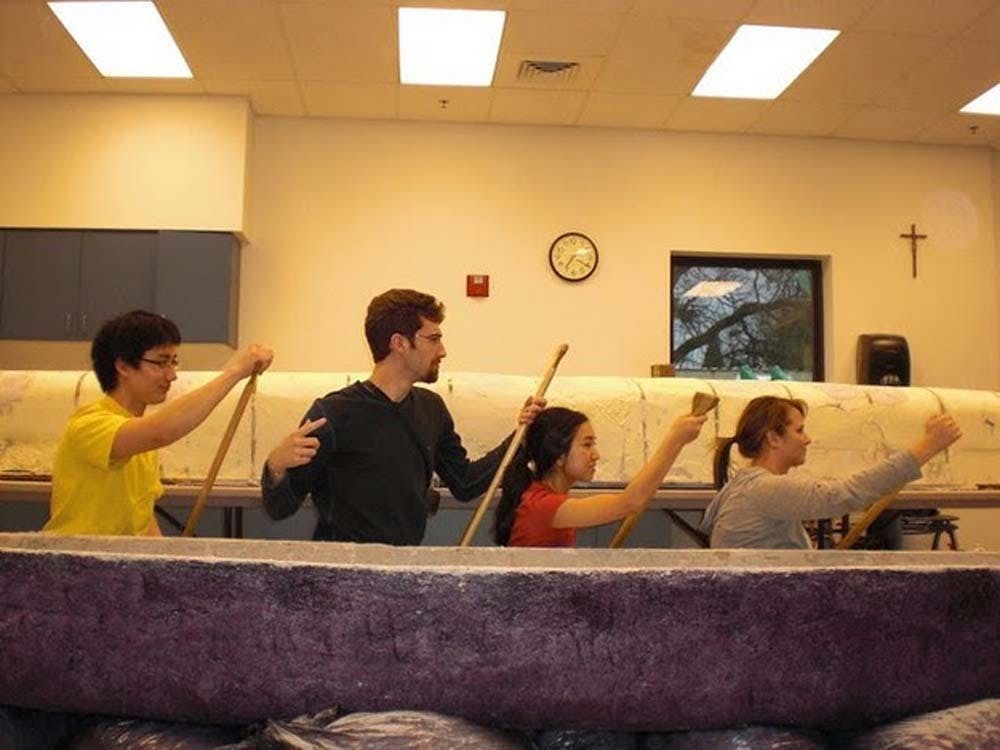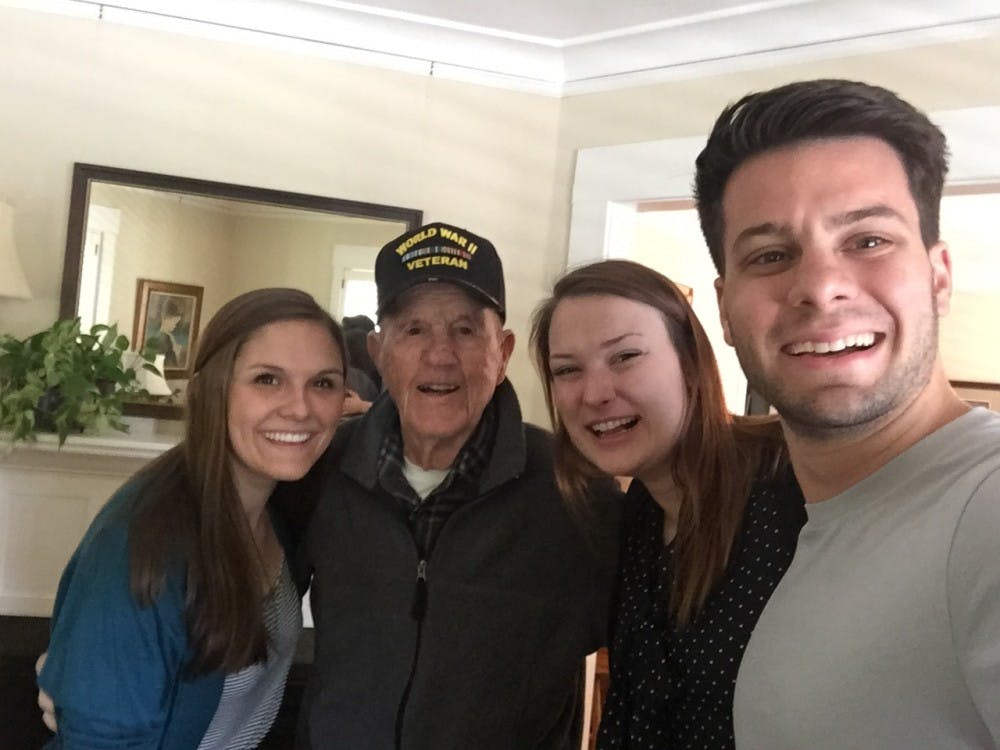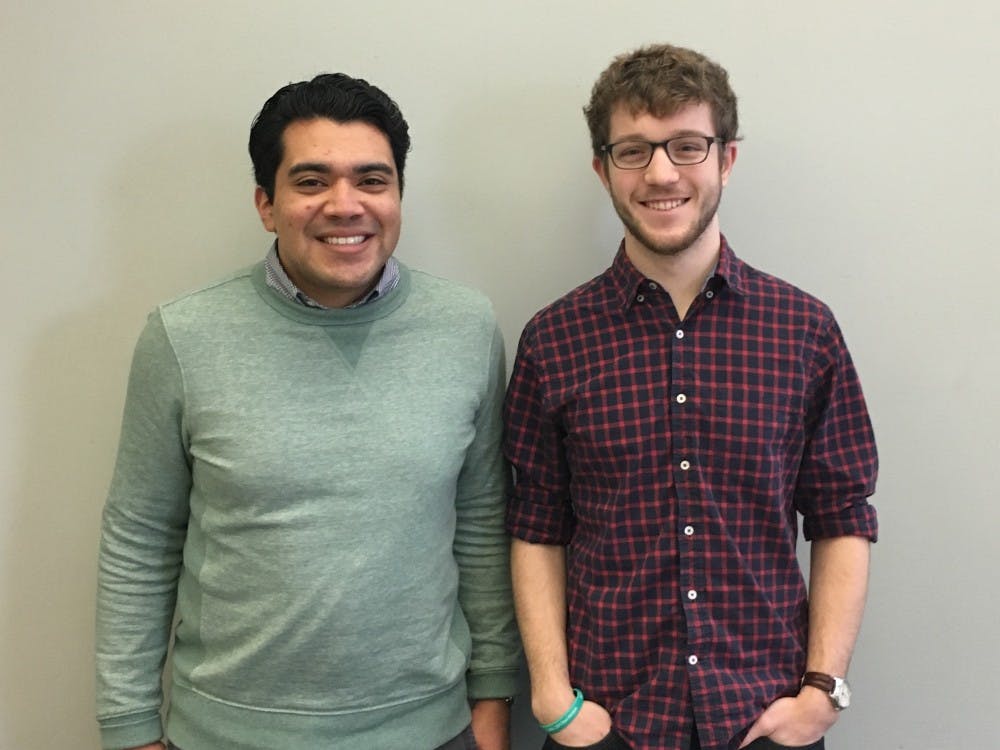(Photos courtesy of Jason Weeks)
By Corey Fawcett, Staff Writer -- fawcett13@up.edu
The hard work of UP's American Society of Civil Engineers (ASCE) can be measured in about 150 pounds of concrete canoe, which ASCE members will race against other canoes this weekend.
"And the canoes float," project manager and senior Jason Weeks said. "That's usually everyone's first question."
This year, UP is hosting the concrete canoe competition for ASCE's Pacific Northwest Regional Conference. Nine teams – all from Northwestern universities – have designed and built concrete canoes and will race them at Horseshoe Lake in Woodland, Wash., this Saturday.
"It's been a long process. We've done a lot of research," Weeks said.
Weeks started planning the project last summer. Because UP has not been involved in the competition since 2002, he started the project from scratch with no initial materials, funding or team members.
Nevertheless, it has quickly built up speed.
"We have a surplus budget now, 15 people, materials for next year and a huge base of knowledge," he said.
At the beginning of the school year, the project team was split into two groups: a mix-design group that concocted the concrete and a construction group that created the canoe's mold.
The competition's rules state that at least half of the materials used in the mixture had to be sustainable, a fraction that has increased year by year according to senior and competition organizer Nathaniel Hardy. The mix-design group experimented with items such as corn, coffee grounds and crushed glass before settling on remolded plastic.
"The mixture at the end is actually lighter than water," Weeks said.
ASCE members crossed their fingers when they separated the canoe from its mold Sunday, hoping the concrete wouldn't break – a possible outcome, according to Weeks.
"There were parts of it that looked like weak points that almost looked like cracks," ASCE officer and junior Jennifer Brannan said. "We weren't sure how thick the layer was in the middle."
Weeks was relieved by the successful separation.
"Our whole year of work would have been done," he said. "It made the last nine months worthwhile."
However, the group still has work to do. Before the races on Saturday, ASCE members will perform a "swamp test" on their 20-foot long canoe to see if it can float on its own. If it does, they will participate in three-person male, female and coed sprint and long distance races. Paddlers, according to Weeks, were chosen based on how much work they've put into the project.
The two teams with the top canoes will go to nationals.
According to Brannan, who will take Weeks' position as project manager next year, the group has benn putting its final touches on the canoe this week.
"It's going to be a relief to be done Saturday," she said.
ASCE members are already strategizing for the next competition. They plan to use their experiences from this year to make a few changes in the construction of next year's canoe, like using a wood mold instead of a foam one.
"This year has been more about the learning experience and preparing to have a more competitive canoe next year," Brannan said.
All Pacific Northwest Regional Conference canoes will be on display in the Chiles Center on Friday from 11 a.m. to 2 p.m. Each school will give a presentation on its canoe construction process.








